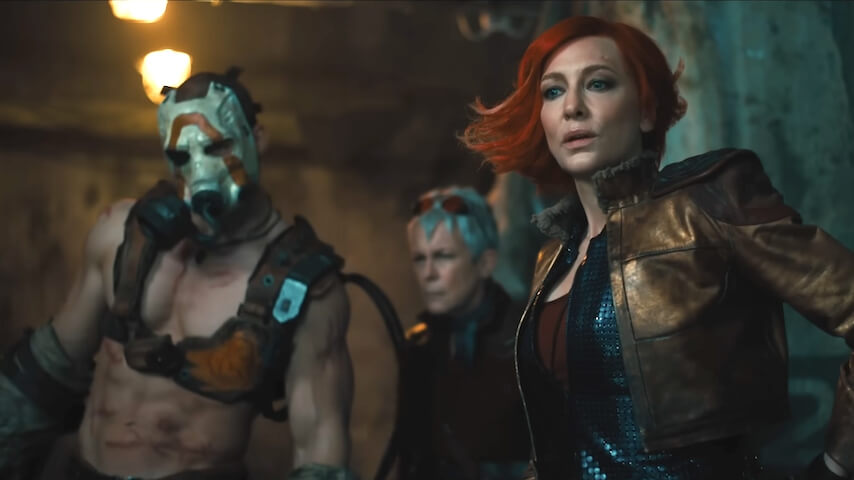“Obviously that movie was disappointing,” the video game company boss told IGN. “That said, it actually sold more catalog. So, I don’t think it hurt at all, if anything I think it may have helped a little bit. It does highlight something that I’ve spoken about many times which is the difficulty of bringing our intellectual property to another medium.”
Adapting the Borderlands game was clearly pretty difficult, despite recruiting an all-star cast led by Oscar winner Cate Blanchett. The Lionsgate film got saddled with a PG-13 rating, which suited neither the game nor Roth’s sensibilities. And the story simply didn’t connect with either actual gamers or uninitiated audience members. (In The A.V. Club‘s D+ review, Jarrod Jones wrote that casual viewers would leave the theater “feeling as though they were looted of a brain cell or five.”)
During a Take-Two earnings call on Wednesday (in which the company shared that Borderlands 4 is expected sometime between April 1, 2025 and March 31, 2026), Zelnick said it has “selectively licensed intellectual properties,” citing a pending Bioshock deal. Obviously, the company “would prefer to have a huge hit,” but “we didn’t have a financial exposure to the negative” on Borderlands, he said (via Variety). “So we are selective for exactly the reason that you just cannot control these outcomes. And we prefer to control our own destiny,” Zelnick said. “However, we still will license selectively.”









































